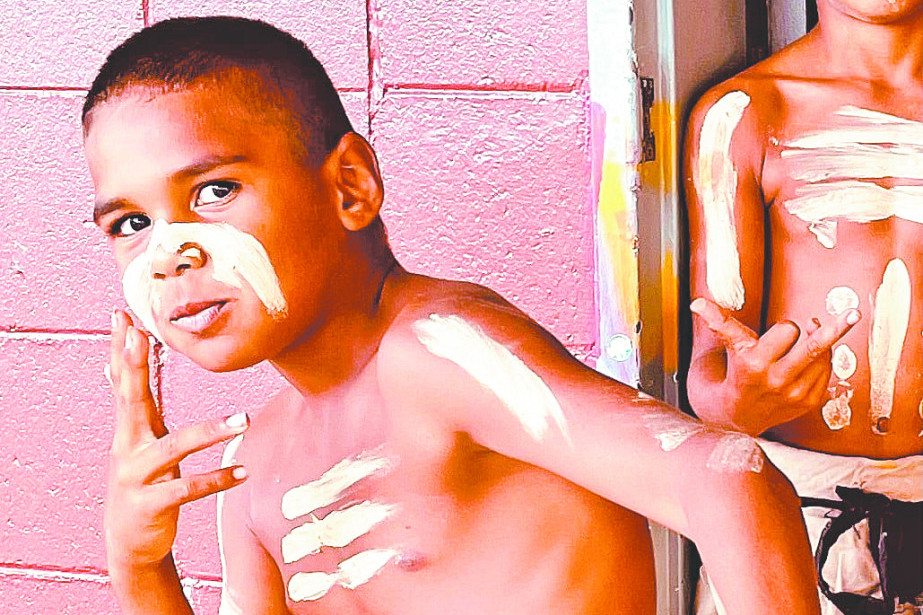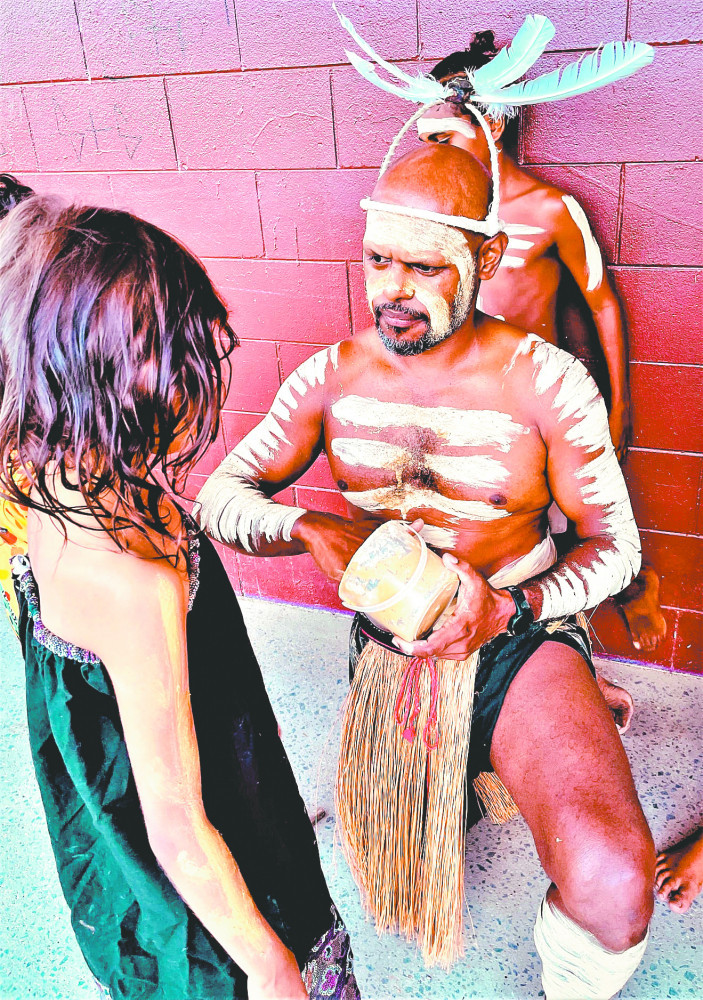General News
23 July, 2021
Unfinished business key to treaty with Yarrabah and other far north communities
STATE Minister for Seniors, Disability Services and Aboriginal and Torres Strait Islander Partnerships Craig Crawford has encouraged indigenous Queenslanders to come forward with untold stories or correct wrong accounts of the often-horrendous occurrences of the past in the far north.

“It’s the unfinished business of us as white Australia coming back and saying, we need to call a stop to this, we need to call a truce, we need to put this to bed and call it quits,” Mr Crawford said.
While other countries have had treaties with their indigenous peoples in place for some time, for example New Zealand and Canada, within five years Queensland is planning to have Australia’s first.
“A treaty is more than just signing a document,” he said. “It’s the actions that come along with that. The actions of government, the actions of the private sector, the actions of individual Queenslanders, indigenous and non-indigenous, of being able to have a shared acceptance of what our past is and then be able to move on as one country.”
Key communities in the region to be included in the ‘Path to Treaty’ process include Yarrabah, just south of Cairns City.
Yarrabah is one of many communities in the north and far north areas that were established through forced relocation of indigenous peoples.
“You imagine if you were to take a handful of Irish, French, Jewish, English, American, Russian people and throw them together in a town and said, you all have to get on and live together. They’ve got fundamental differences in their culture, in their language, in everything and they’re going to fight like cats and dogs.
“They looked at Aboriginal people and went, oh well you’re all the same so you can all just be moved to this place and this place. It was completely untrue. So we’ve got to come back and sort of unwind a lot of that.”
Some of the reconciliation work towards the treaty the minister says, will be easier than other aspects. Monuments and plaques, as well as story-telling and recognition at a local level will happen as well as more complicated actions. “Like trying to re-locate deceased people back to their original country. There are stories starting to emerge of people that were forcibly re-located from their own country, died somewhere else and have been buried in a paupers’ cemetery. How do we bring that person home?

“Have a conservation with any indigenous person and they’ll tell you that this country was theirs, is theirs, was established way back when white settlers arrived,” Mr Crawford said. “There were systems in place, there was law, there was medicine, there were rules, a range of things that operated throughout the land.”
But any notion of established life in Australia was cast aside by the settlers, who believed in ‘terra nullius’ – land owned by no-one. The minister says indigenous Australians are keen for the wrongs against their ancestors to be fully acknowledged.
“Then of course everything flowed on from there; stolen wages, stolen generation, forced relocation, the establishment of a number of missions and that sort of thing, breaking up of families, the complete disregard for culture, the banning of indigenous language, the banning of wearing of traditional outfits, dancing.”
Stolen wages is another one of many elements Mr Crawford says is being addressed in the process towards a treaty or treaties. “The recognition that there are roads and hospitals and schools and lots of buildings all across Queensland that were built using Aboriginal labour, and those people were never paid; they were essentially slaves.”
Recently the state government-appointed Treaty Advancement Committee met in Cairns as part of the process to shape the treaty-making.
The minister says for a treaty or treaties to become successful, healing is where it has to start, along with truth-telling, some of which has come out in the Cairns region just recently. “Stories about Skeleton Creek and Blackfella Creek and some of the meanings of some of these names and some of the horrific things that actually occurred there around massacre sites, during the frontier wars. Mass murders, big mass burials, everything.
“All that information needs to come out and it needs to be told, warts and all. Until all that stuff is told warts and all, people who are descendants from that time will never be able to move on and they’ll carry that baggage with them, and that stress and anxiety will just simply pass on to generations after them.”
With still a lot of work to be done, the Treaty Advancement Committee which has been focusing a lot on the truth telling and stories, will report back to the minister within two to three months recommending the next steps. Mr Crawford says realistically, a treaty or treaties will be ready for signing within four to five years.


